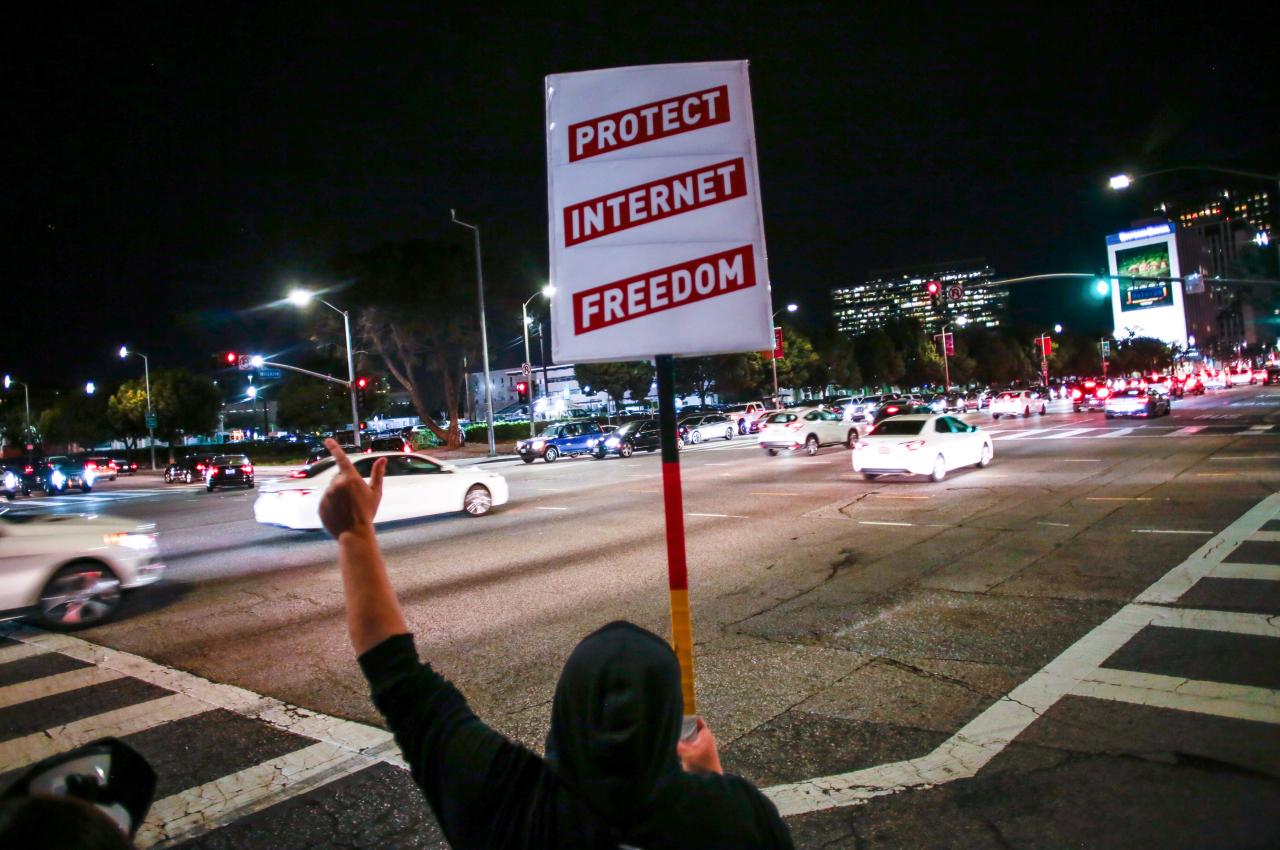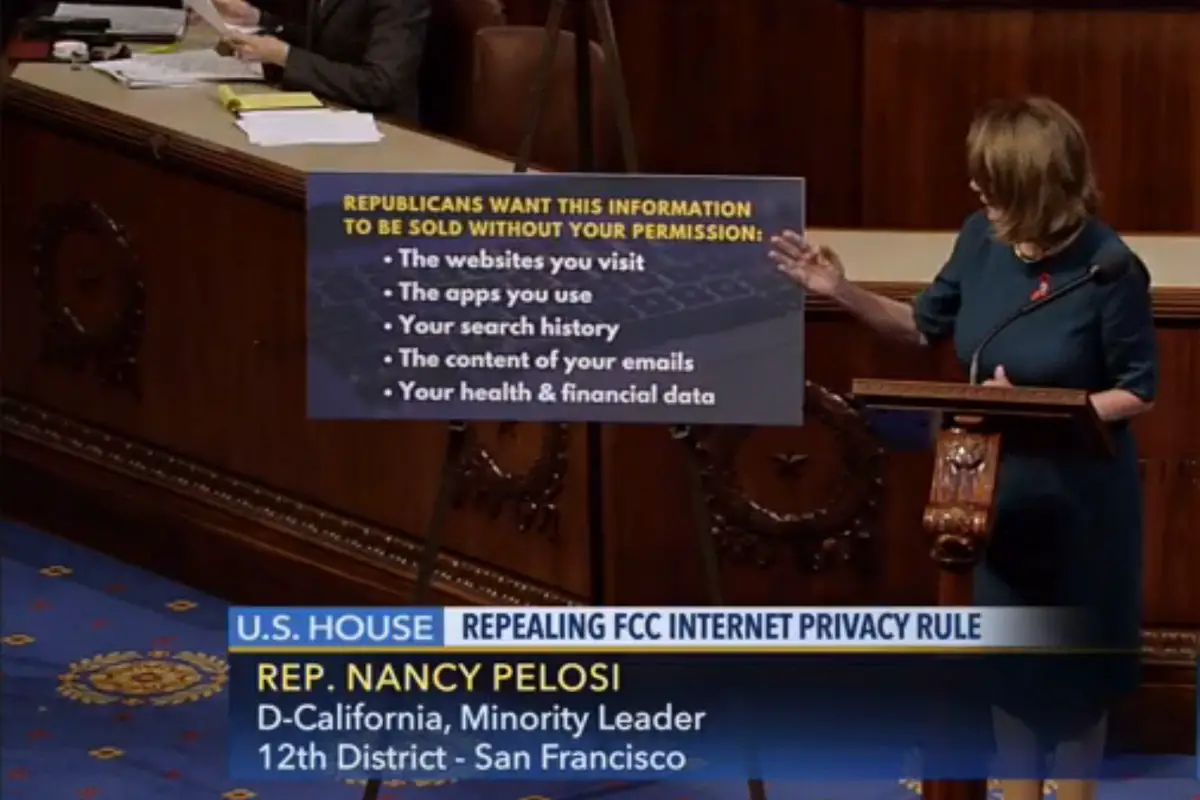
FCC is Ready to Kill Net Neutrality Protections
The US Federal Communication Commission this week released its outline for killing net neutrality.
This shouldn’t come as a surprise to anyone, considering the current administration’s overwhelmingly anti-individual, pro-business (at the cost of everything) stance, but it’s disheartening.
As reported by the Washington Post’s Brian Fung, new commissioner Ajit Pai, a longtime opponent of the net neutrality protections enshrined by his predecessor, insists the protections are “all about politics,” reminding any and all who would hear him that he’s believed from the start net neutrality was “a serious mistake. It’s basic economics: The more heavily you regulate something, the less of it you’re likely to get.”
Pai made his comments at the Newseum, a six-floor museum on Pennsylvania Avenue in Washington, DC, dedicated to news, journalism, the five freedoms enshrined in the First Amendment and, ironically, a commitment to the ability and the right of the people to have unhindered information about their world.
Keep in mind, too, that this announcement comes just weeks after Congress joyfully overturned regulations that prohibited ISPs from selling internet browser data for better, more targeted marketing efforts.
The cornerstone of net neutrality is the concept of a free and open internet, meaning ISPs couldn’t charge tolls or throttle the service a user receives from a website owned or operated by another company. One of the highest profile arguments in support of net neutrality was Comcast’s practice of charging Netflix a fee to provide its users with streaming video access, a procedure that cost Comcast millions in fines.
Opponents, including Pai, have argued that the regulations are getting in the way of technological improvements and advances in services, leading to gaps in service and ISP being unwilling to invest in their infrastructure.
In his comments at the Newseum, Pai criticized the regulations as unnecessary, calling out the “heavy-handed regulations” as harmful to smaller ISPs, allegedly leading to a 5.6% decrease in expenditure — $3.6 billion—in broadband infrastructure improvements in the nearly two years since internet service was protected as a utility, like electricity, gas or water.
“We are proposing to return the classification of broadband service from a Title II telecommunications service to a Title I information service—that is, light-touch regulation drawn from the Clinton Administration,” Pai said, according to a copy of his statement posted on the FCC’s website. “As I mentioned earlier, this Title I classification was expressly upheld by the Supreme Court in 2005 and it’s more consistent with the facts and the law.”
Except the Supreme Court also sent the regulation back to the FCC for modification and lower courts approved and sided with the FCC when it came to regulating the internet as a Title II utility despite Pai’s protests and the laments of telecommunications companies, but that’s neither here nor there anymore.
The FCC will vote to consider Pai’s changes on May 18. He asserted that the changes will “bring high-speed internet access to more Americans,” particularly lower-income and urban Americans, while the nation overall will have “faster and better broadband.” He also promised that rolling back net neutrality protections will create more jobs, both for people laying fiber optic cables for broadband and for small businesses taking advantage of better bandwidth.
Further, he said undoing net neutrality will boost competition and eliminate the opportunity for ISPs to create a monopoly of service in a given area.
“This proposal is the best path toward protecting America’s online privacy,” he said. “I understand that many disagreed with Congress’ decision to stop the FCC’s flawed privacy rules from going into effect later this year. But wherever you stand, one thing is indisputable: Congress was maintaining the status quo that the FCC put into place when it imposed Title II. That FCC decision actually stripped the Federal Trade Commission of its authority to regulate broadband providers’ privacy and data security practices. That’s because the FTC cannot regulate common carriers—which the prior FCC suddenly deemed broadband providers to be. This decision was a mistake.”
Let’s restate, for the record, that Pai has been a member of the FCC for five years, appointed by President Obama and unanimously confirmed by the US Senate in May 2012.
Telecommunications companies applauded Pai’s announcement, including AT&T executive Randall Stephenson, who called the net neutrality regulations a “stifling regulatory cloud over the internet.”
But other companies, including Etsy, Vimeo, incubator company Y Combinator and more than 800 others have urged Pai and the “new” FCC to leave the regulations as they stand. As Fung reports, a letter from these companies argues that “weakening the net neutrality rules would allow ISPs to ‘impede traffic from our services to favor their own services or established competitors.’ And the Internet Association, a major trade group representing Google, Facebook, Netflix and others, said repealing the common-carrier classification would result in ‘a worse internet for consumers.’”
Keep in mind this is no longer just an issue in the US: the Canadian Radio-television and Telecommunications Commission (CRTC) declared, on April 20, that “internet service providers should treat data traffic equally to foster consumer choice, innovation and the free exchange of ideas. As such, the CRTC… is publishing a new framework regarding differential pricing practices.”
In other words, the CRTC is embracing net neutrality and working to ensure all websites and ISPs are treated the same, eliminating the possibility of throttling service to consumers and downgrading streaming capabilities. “The CRTC is of the view that differential pricing generally gives an unfair advantage or disadvantage to certain content providers and consumers.”



